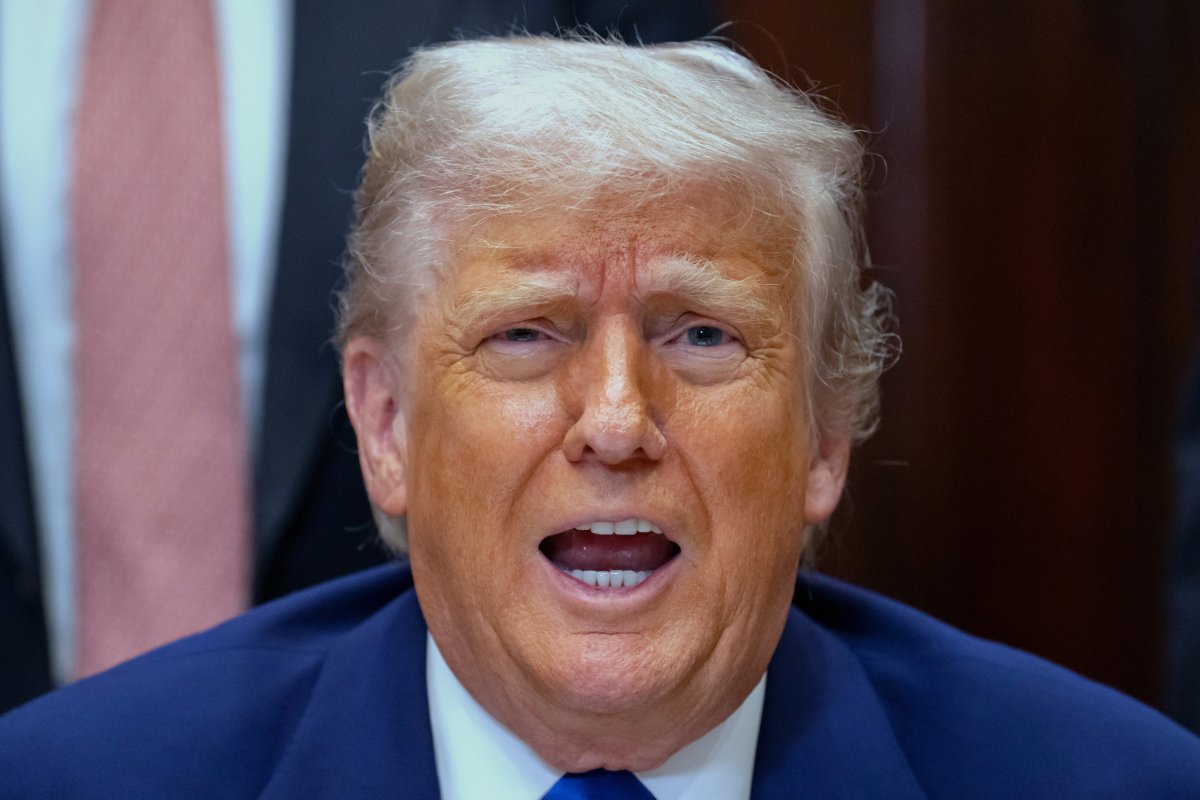Understanding the Supreme Court’s Impact on U.S. Policy and Politics

The supreme court stands at the heart of American democracy. Its decisions shape not only the nation’s legal framework but also reach deep into policy, governance, and everyday life. In recent times, the court has been the focal point of heated debates, especially involving issues of immigration and national security.
The Supreme Court’s Pivotal Role in U.S. Governance
The supreme court acts as a check on both the executive and legislative branches. By interpreting the Constitution, it sets boundaries and clarifies the scope of federal policies. This balance ensures that no single branch holds unchecked power, reinforcing the democratic ideals of the United States. Its rulings affect millions, including recent high-profile immigration cases.
Trump Administration and Supreme Court Decisions
During Donald Trump's presidency, the supreme court’s role became widely discussed. Recent statements from Trump underscore how court decisions can ripple through American society. For example, Newsweek reported on Trump’s reaction to rulings limiting his administration’s efforts to deport undocumented immigrants. He warned that a ruling against him could impact the country’s security and governance.
Trump has repeatedly called for strong intervention by the supreme court. As detailed by LiveMint, he pushed for immediate deportations and encouraged the court to take decisive action to "Save America."
Immigration, Security, and Legal Safeguards
Rhetoric around immigration has led to intense debate about national security, civil liberties, and the role of the courts. Trump asserted, as covered in Anadolu Agency, that failure to deport undocumented immigrants could turn the U.S. into a “crime-ridden third world nation.” He also mentioned the possibility of suspending habeas corpus in exceptional circumstances, framing the influx of migrants as an "invasion."
Despite strong statements, accurate numbers of undocumented immigrants are often debated. Most independent estimates are lower than those cited by the administration, highlighting the importance of relying on verified sources and measured rhetoric when discussing supreme court cases.
The Broader Impact of Supreme Court Rulings
Supreme court decisions do not occur in a vacuum. They reflect interpretations of the Constitution that shape policies for years to come. Whether addressing civil rights, immigration, or executive authority, these rulings can safeguard freedoms and restrict government overreach. The court’s independence is crucial for balancing the shifting tides of politics and safeguarding democratic values.
Conclusion: Staying Informed and Engaged
The supreme court’s decisions will continue to shape the nation’s direction on key issues. By following reputable sources and understanding the court's reasoning, citizens can better engage with the democratic process. Stay alert to developments and consider how court rulings might affect your community. For more information on recent high-impact decisions, visit the comprehensive articles linked throughout this post.